Learning approach: Whole-Child Approach to Education
At Hypha, we have a whole-child approach to education that supports children’s rights to play, to be in nature, to be nurtured, to pursue their own interests within the curriculae, and to be collaborators of their own learning.
THE HYPHA DIFFERENCE
MINDFULNESS AND WELLBEING
Hypha has a whole-child approach to education that supports children’s rights to play, to be in nature, to be nurtured, to pursue their own interests, and to be collaborators of their own learning
WORLD-CLASS INNOVATIVE EDUCATION
Hypha ensures an outstanding educational experience by hiring excellent educators and ensuring that students receive a high-quality education that is transferable and internationally respected. Our innovative approach ensures structure, continuity, a nurturing environment, and personalized learning tailored to each child. We convey confidence in our students and hold the expectation that each one of them can reach their greatest potential.
NATURE IMMERSION
Our students spend, on average, 3 hours a day exploring, learning, and connecting with the wonders of nature. Many researchers agree that children who spend time outdoors are happier, better at paying attention and less anxious than kids who spend more time indoors. By deepening their understanding and appreciation of the natural world, these children often also develop a profound sense of environmental responsibility and stewardship.
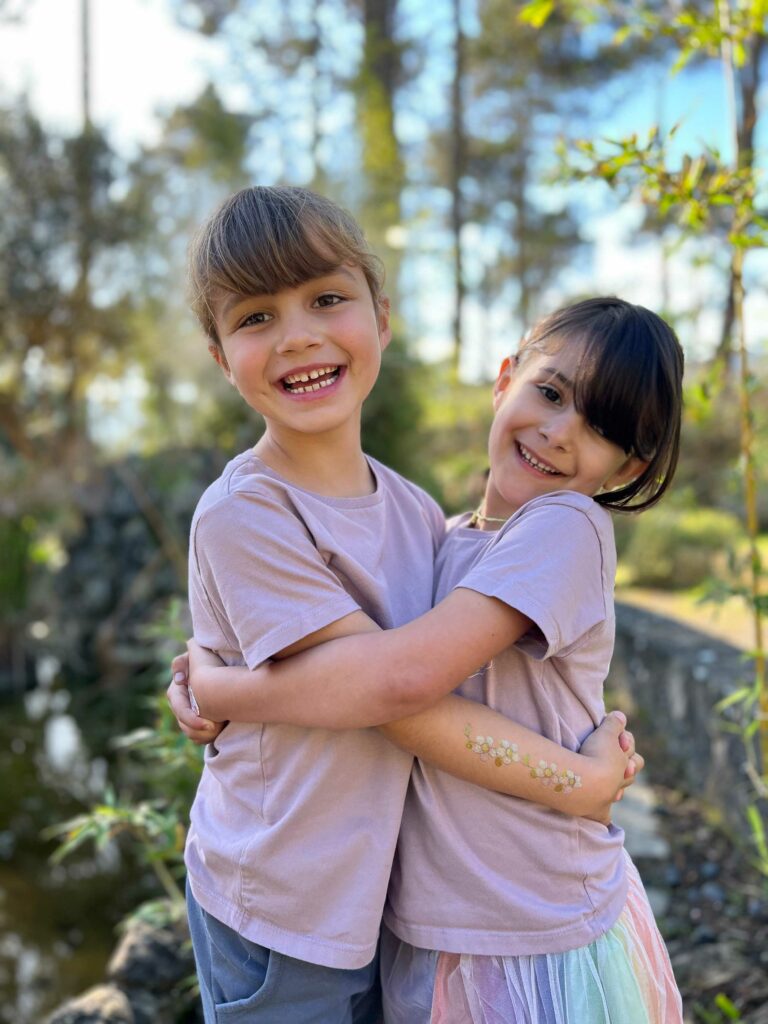
RESEARCH-BASED EDUCATION
In primary, we use the Cambridge International curriculum framework to provide an outstanding academic foundation that engages students and prepares them for future success.
We complement the framework with research-informed curricula that is content and skills rich. We take the most robust aspects of the latest cognitive research and apply them in thoughtful and practical ways to our curricula.
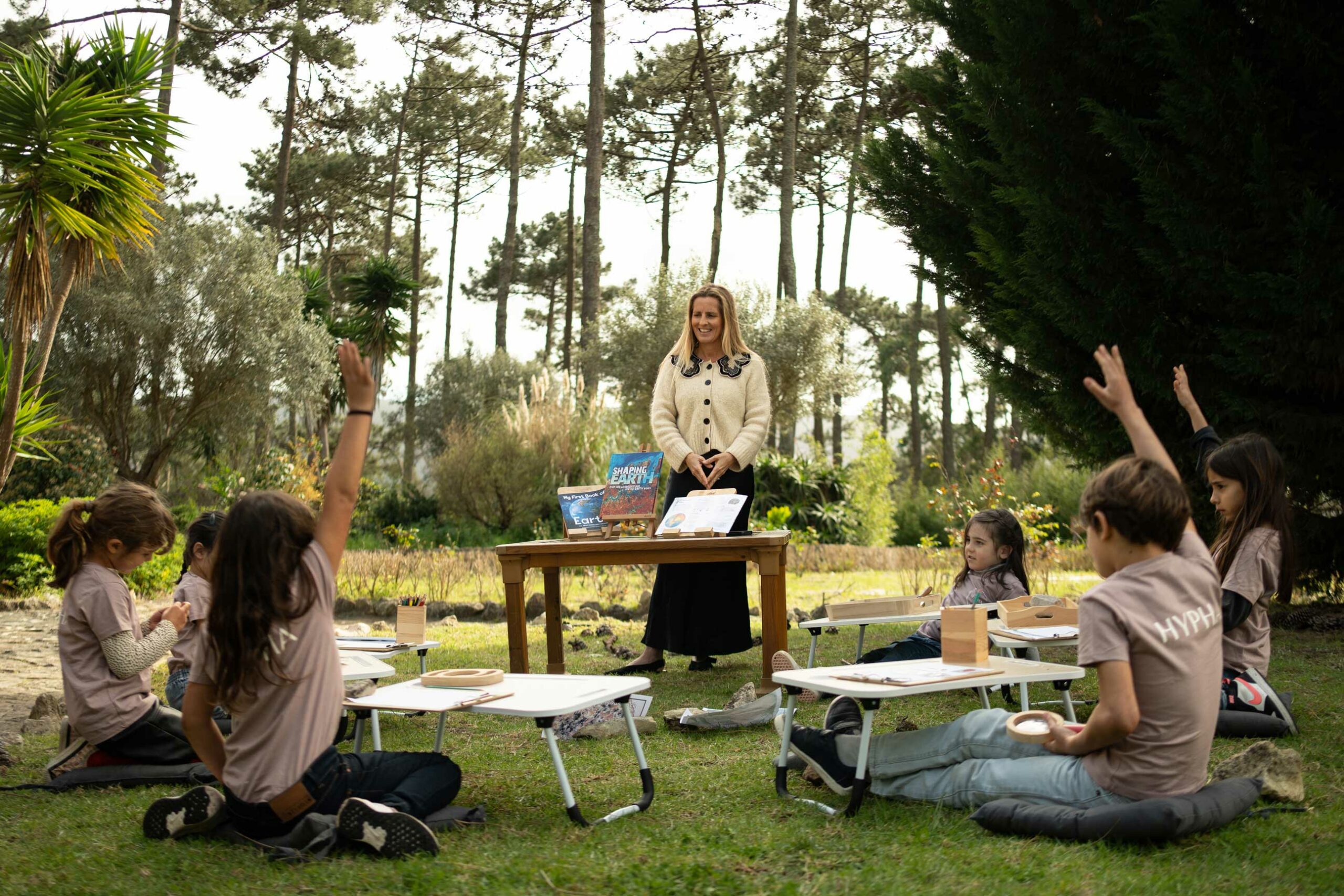
Our methodology is further rooted in research-based education practices delivered by highly trained educators. Some of the methods we use are:
- Visible Thinking Routines (VTR): Created by Project Zero at Harvard, the routines help children learn how to learn more effectively by visualizing their thinking steps.
- Flag Time: Routines that individualize learning and give learners agency, improving their strengths while providing practical reinforcements in areas that need development.
- ELLI (Effective Lifelong Learning Inventory) Skills: Originating from Bristol University, the skills learners develop under this system makes them more adaptable to changes in their environment.
- Hypha Growth Journals: Created by Big Life Journal, Hypha Growth Journals is a unique science-backed journal that helps wire brains for resilience, confidence, gratitude, kindness, and self-love.
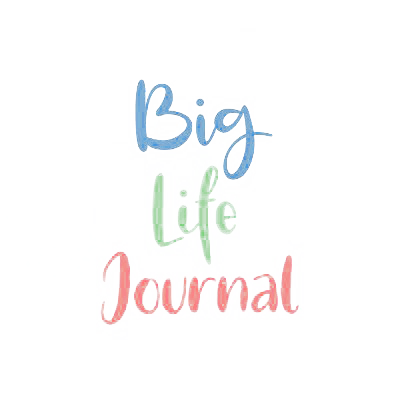
21ST century skills
We aim for our learners to develop soft skills. They support our learners in unearthing their unique path and growing to their fullest potential.
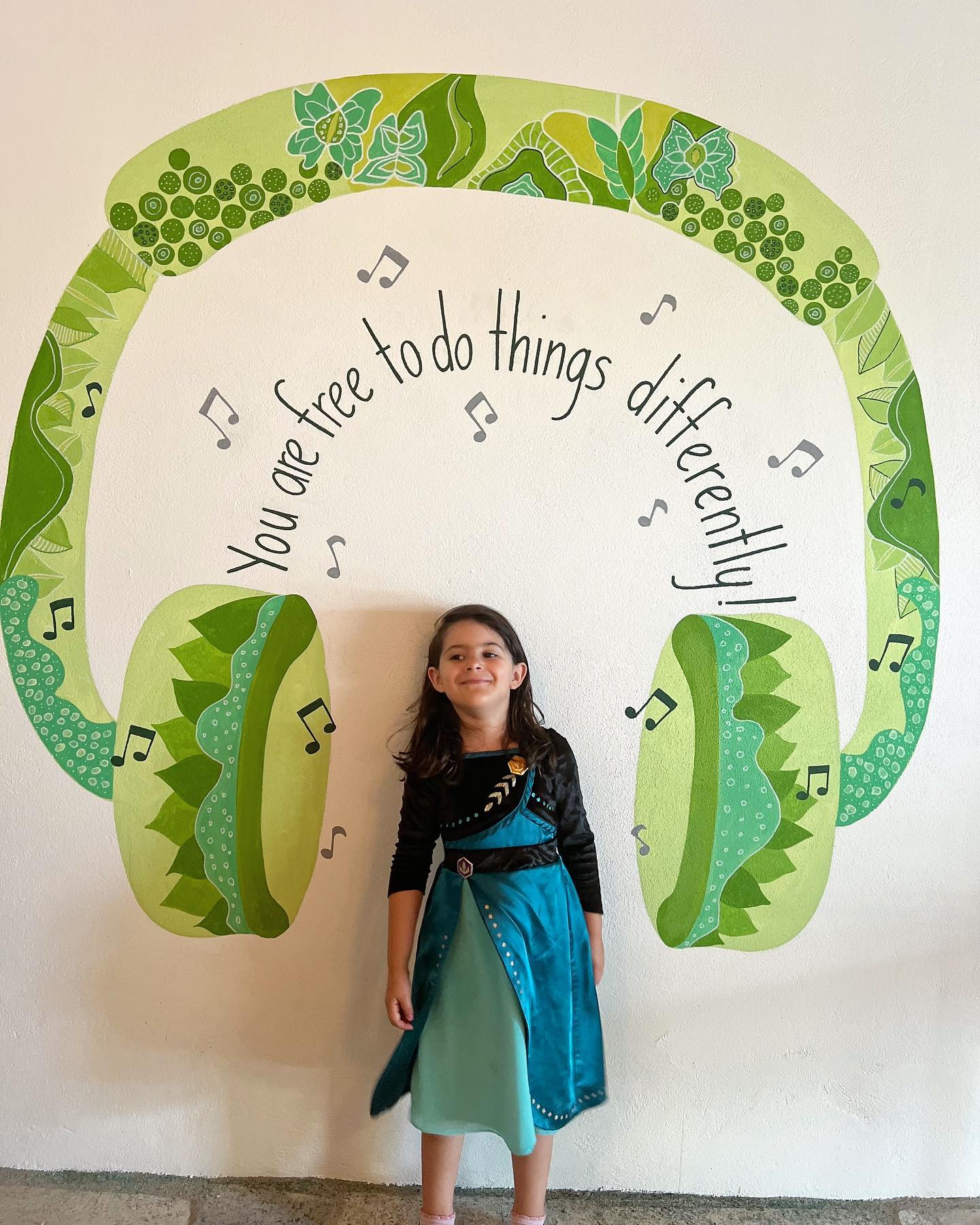
SELF-AWARENESS
Understanding and recognising one’s own thoughts, emotions, and behaviours.
SELF EXPRESSION
The ability to communicate one’s thoughts, feelings, and ideas effectively.
CRITICAL THINKING
The process of analysing, evaluating, and synthesising information to make informed decisions or judgments.
GROWTH MINDSET
A belief in one’s ability to develop and improve through dedication and hard work.
FLEXIBILITY
The ability to adapt to changing circumstances and be open to new ideas or approaches.
problem-solving
The process of identifying, analysing, and resolving issues or challenges based on intuition, knowledge and experience.
HOW WE COMPARE TO CONVENTIONAL SCHOOLS
| Aspect | Conventional Schools | HYPHA INTERNATIONAL SCHOOL |
| What is Learned | Focus on content knowledge. | Comprehensive education (knowledge and skills) including creativity, critical thinking, design thinking, problem-solving, leadership, and collaboration. |
| How it is Learned | Teacher-led instruction using worksheets and slide decks. Limited student agency. | Student-centered learning with mastery classes, project-based methods, inspired by Reggio Emilia. |
| Pacing | Standardized; all students progress at the same pace. | Personalized learning tailored to individual skill levels. |
| Learner-Educator Relationship | Hierarchical; adults hold all the power. | Collaborative; built on mutual respect, shared power, and kind yet firm boundaries (conscious discipline). |
| Motivation | External reinforcement through rewards and punishments. | Emphasizes intrinsic motivation with positive reinforcement. |
| Social Environment | Competitive culture; students are often left to “figure it out on their own.” | Compassionate culture fostering a growth mindset, social-emotional learning, and a strong school community. |
| Physical Environment | Static indoor classrooms with sensory-overloaded walls. | Dynamic spaces: outdoor learning, forest school settings, and inspiring indoor classrooms. |
| Assessments | Focus on metrics and statistics through summative assessments like grades and tests, often used to evaluate school performance. | Centered on the child: formative assessments with ongoing feedback and conversations, prioritizing personal growth and improving the individual learning experience. |
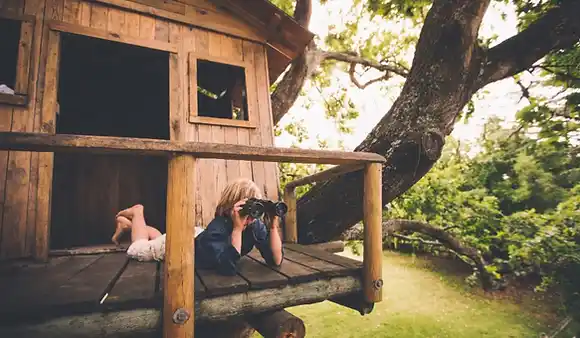
COME EXPERIENCE
OUR UNIQUE AND INNOVATIVE EDUCATIONAL MODEL
Ages 3 through primary.